The Crown Prosecution Service has revealed that three in 10 cases were incorrectly charged under coronavirus legislation, blaming errors on frequent changes to rules covering activities such as social gatherings and travel.
Prosecutors reviewed 1,821 finalised cases under the Coronavirus Act and Health Protection Regulations between 26 March 2020 and 31 March 2021. A total of 549 incorrect charges were identified, either withdrawn by prosecutors at the first court hearing or returned to the relevant CPS area to be set aside.
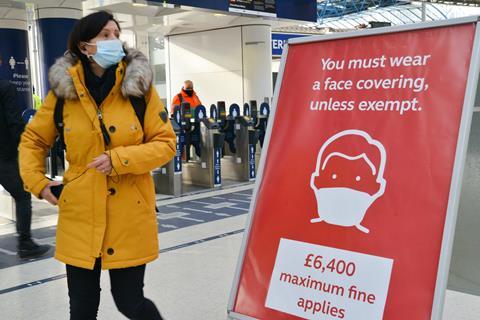
The CPS said 82% of the 1,551 prosecutions brought under the health protection regulations were correctly charged. Errors typically involved ‘wrong iterations of the rules, which have changed frequently, being used’. The prosecuting body pointed out that the regulations contained various criminal offences which have covered various restrictions, such as leaving home, social gatherings, self-isolation, travel and wearing face coverings.
All 270 cases brought under the Coronavirus Act were incorrectly charged. The CPS said the main criminal offence under the act related to potentially infectious people who refused to cooperate with the police or public health officers when they are required to be screened for Covid-19.
Discussing the review’s findings at the Commons justice select committee last month, Gregor McGill, CPS director of legal services, said: ‘These regulations came in very quickly because they had to come in quickly. Generally what happens is that we have a lead-in time to train our prosecutors and also to train the police. The vast majority of these cases are police-charged cases. The speed at which they have come in has meant that we haven’t had the same amount of time as we normally have to prepare for legislation. That was a symptom of the way the legislation had to come in at pace. Over the past year there really hasn’t been a chance for our police colleagues in particular to train their officers sufficiently in these offences.’

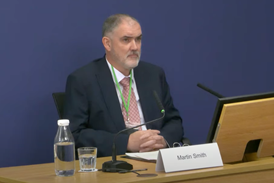
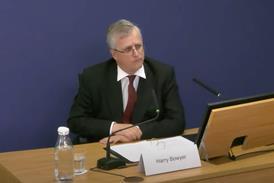




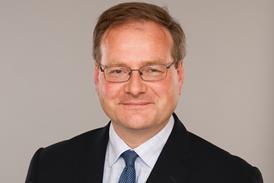
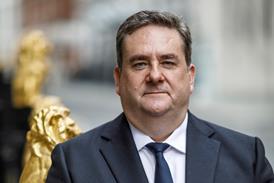










![David Lester (senior partner at Blythe Liggins), Darryl Barnes, Jagdeep Sandher (head of dispute resolution at Blythe Liggins)[4]](https://d1d8vslyhr7rdg.cloudfront.net/Pictures/274x183/4/2/8/116428_davidlesterseniorpartneratblytheligginsdarrylbarnesjagdeepsandherheadofdisputeresolutionatblytheliggins4_981603_crop.jpg)




19 Readers' comments